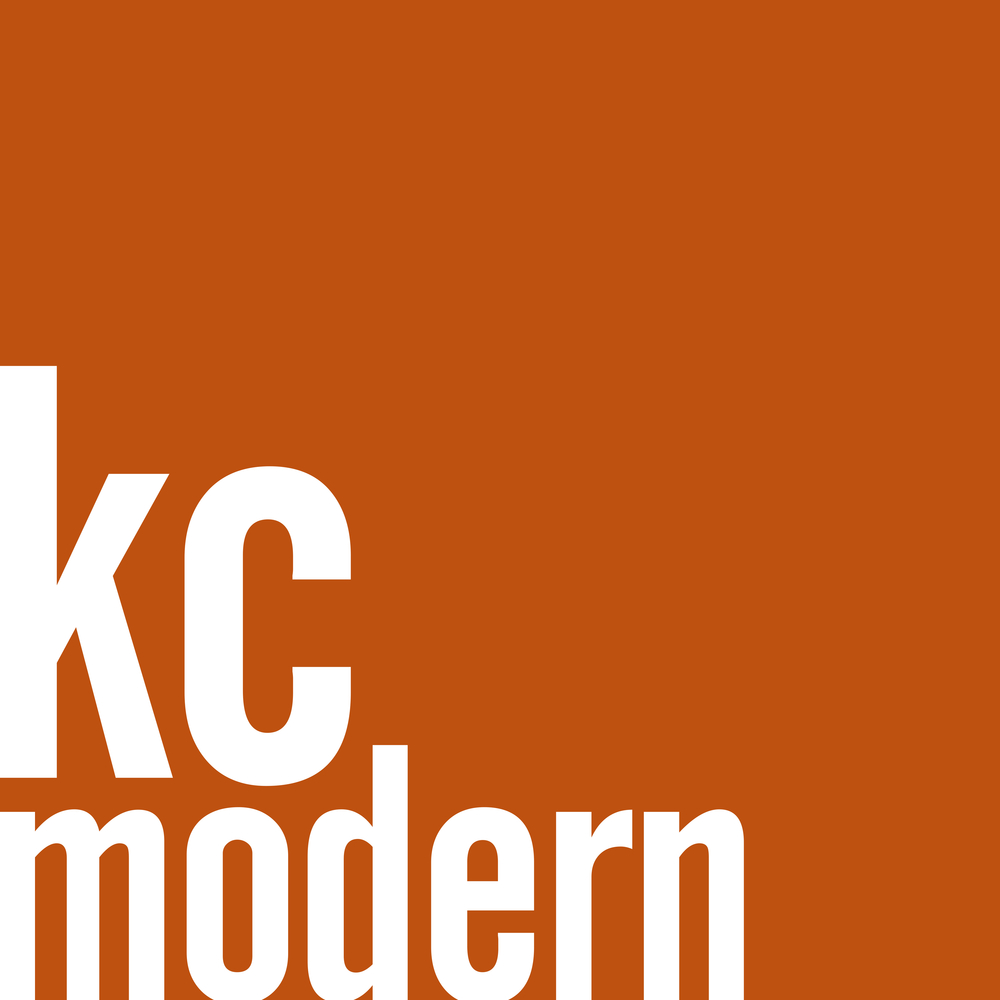 Name: James Ingraham Clark Residence
Name: James Ingraham Clark ResidenceArchitect: Runnells Clark Waugh and Matsumoto Architects
James Ingraham Clark, Project Designer
Year Designed: circa 1947-48
Builder: Don Drummond
Year Completed: circa 1948
Size: Unknown
Location: Leawood, Kansas
(Greater Kansas City Area)
Type: Residential
Style: Modern
Status: Good
Photographer: Gene Hook
Photos scanned from and article excerpted from: The American House Today : 85 Notable Examples Selected and Evaluated by Katherine Morrow Ford and Thomas H. Creighton, Reinhold, 1951, pp 134-135
KANSAS CITY, MISSOURI
Built for one of the partners in an architectural firm, this house of the James Ingraham Clarks is planned carefully for expansion as the family grows. It turns away from the street – originally a quite thoroughfare which has since became much more busy, partly because people come to see the house – and faces towards the south and southeast on a sloping site which ends in a wooded creek bed. When the house was built there was one child; now there are two, and family plans are for two more. Hence it was desired that the house could grow both in bedroom accommodations and in living space. Facing the street is a “core” which will not change: utility rooms, kitchens, laundry and garage. Past these rooms as one enters the house is a living room which is at present reasonably large, but certainly not oversized. In the future, as the plan indicates, this room will be extended, and even may have a porch on the end as a final expansion. The solution to the addition of bedrooms is made possible by a steep drop of fifteen feet in the site at the point where the bedroom wing breaks from the main house. Under the present two bedrooms there is now an open terraced space which, can, when the family has grown, be converted into a lower bedroom floor with three rooms. Mr. Clark is thoroughly objective about the value or lack of value of a number of ideas that went in the house. Orientation for sun control, studied mathematically, has worked out excellently. Plans to use a certain amount of site prefabrication – panels constructed on the property and raised into place – did not work so well, because of unfamiliarity of the available labor with this system. There is “nearly too much: storage space in cupboards, drawers and shelves. These are minor troubles, however. In general the dry-wall construction, the acoustic ceilings, the efficient kitchen layout, and the orientation have worked very well.
RUNNELLS, CLARK, WAUGH & MATSUMOTO, ARCHITECTS


